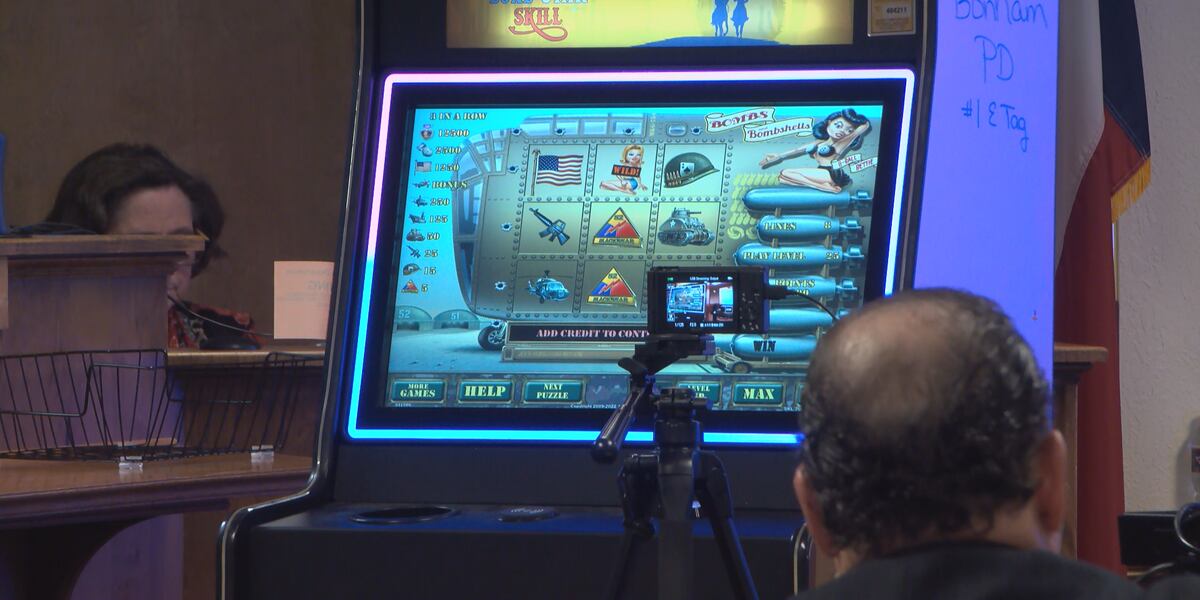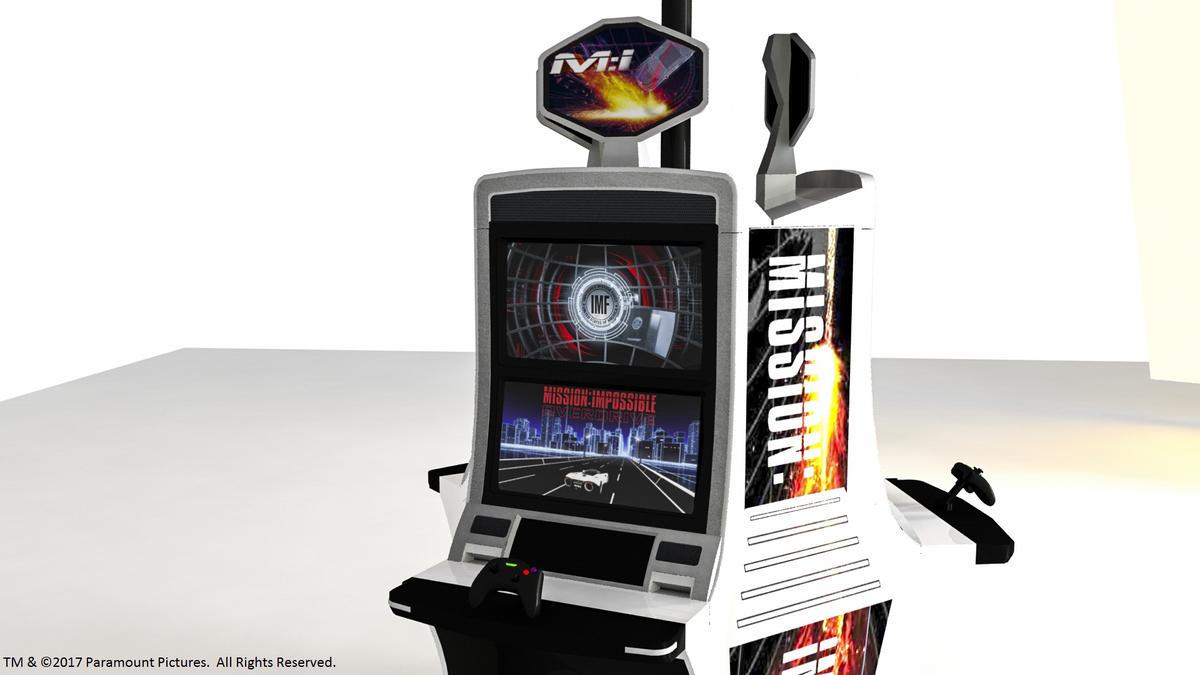I had read an article a few years back about how some casinos were considering implementing skill-based money games (such as “Make 10 three-point basketball shots within 60 seconds and you win X amount of money” or “throw ten pitches into the strike zone within sixty seconds”) and it seemed such a clear obvious idea that I wondered why it hadn’t caught on earlier or more often.
I’m not sure if there are any casinos that actually do in fact do such games. But it would be more appealing to the general public (have less of a stigma associated with gambling since it’s actually about skill and not really luck.)
Is the casino’s concern that a Steph Curry-like person could come by and simply drain them of money by making such shots consistently? Anyone who is that good at that particular skill probably has better things to do with their time than to spend it shooting three-pointers at Vegas.

